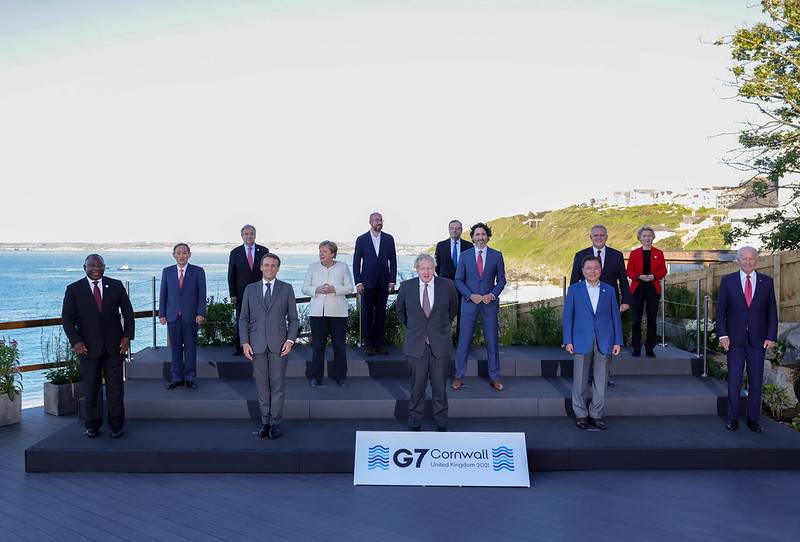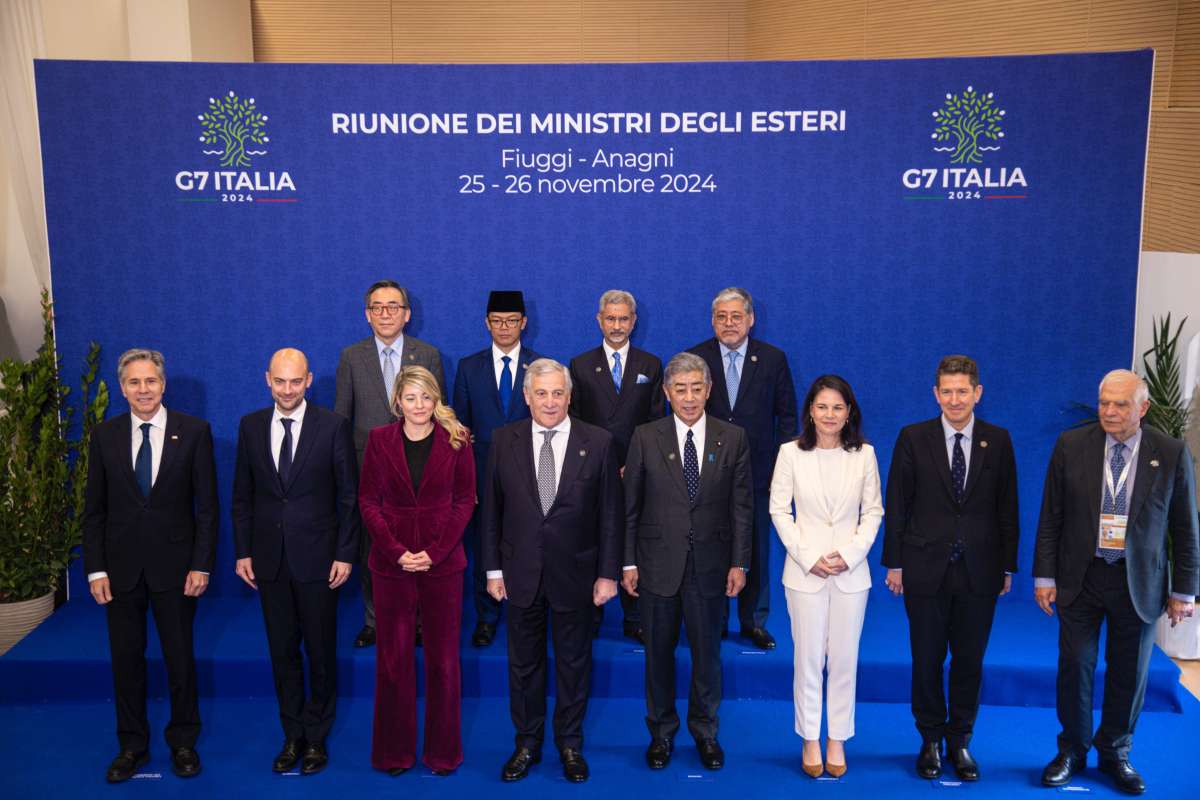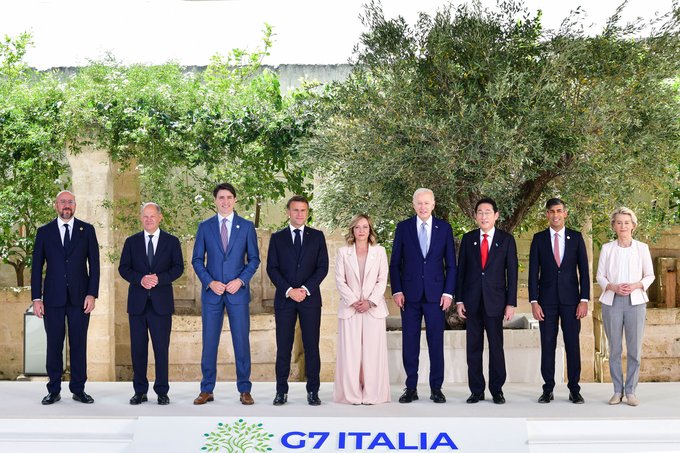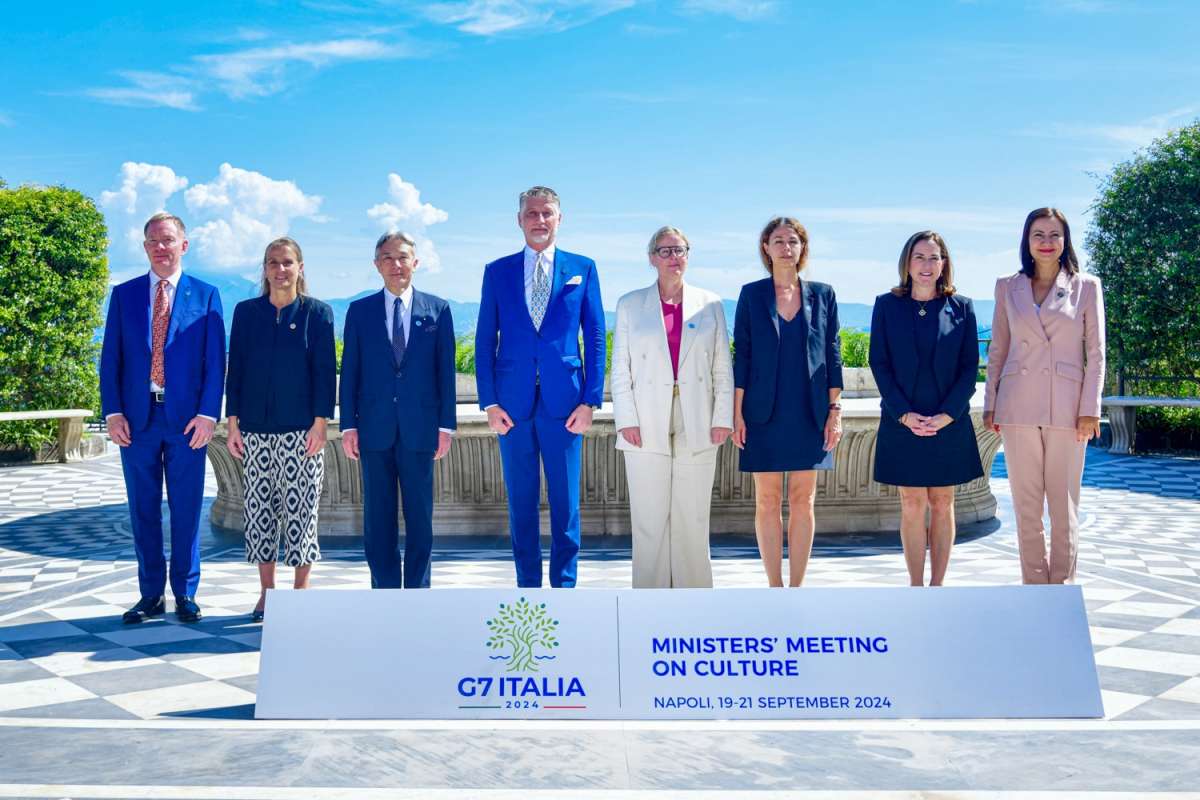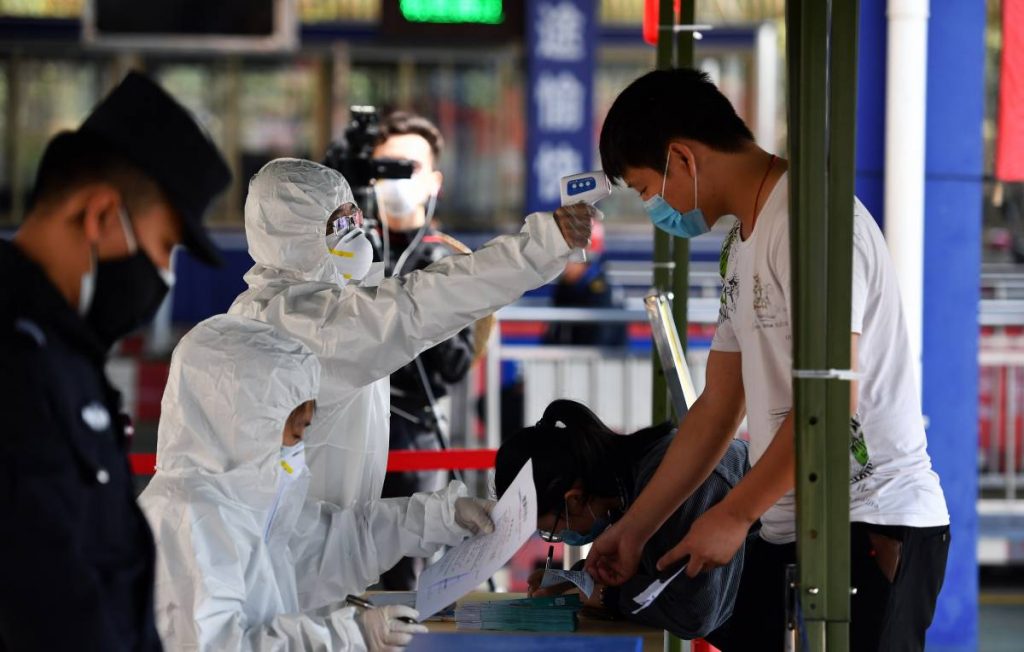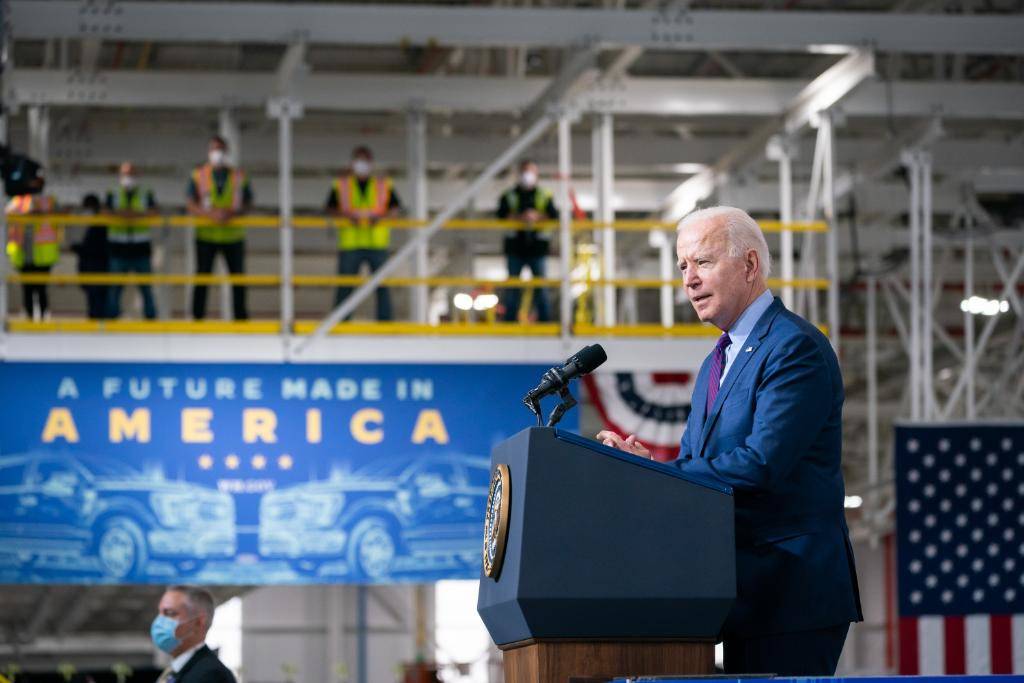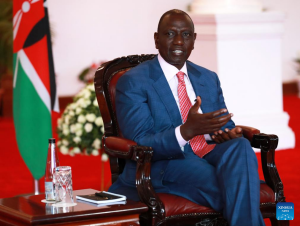Challenged to meet 2010 promises on climate finance, ensure the developing world is fully vaccinated by 2022 and restructure the debt hold facing African, Asian and Latin nations — they fell well short, areport by VISHAL GULATI
The recently-concluded G7 summit has been a massive letdown on a historic opportunity to tackle the triple crises of climate, COVID and collapse of nature, experts across the globe said on Monday.
If the leaders cannot get their act together by the October G20, the UN climate conference, COP26, slated in November in Glasgow is doomed to fail — that’s the take of leading analysts as the 2021 Cornwall summit wrapped up on Sunday.
Challenged to meet 2010 promises on climate finance, ensure the developing world is fully vaccinated by 2022 and restructure the debt hold facing African, Asian and Latin nations — they fell well short.

The September UN General Assembly is now set as the key date for G7 leaders to deliver ahead of COP26.
Responding to the G7 communique, Christian Aid’s Patrick Watt’s, Director of Policy, Public Affairs and Campaigns, told IANS: “This summit was an opportunity for the richest nations of the world to tackle the perfect storm of the pandemic, the climate emergency, and the debt crisis that is hitting the world’s poorest people hardest.
“We’ve heard warm words about a green Marshall Plan and ambitions to vaccinate the world, but this falls well short of what’s needed. This is a partial plan not a Marshall Plan. The US committed 6.5 per cent of its post-war GDP to the Marshall Plan. The UK, in contrast, has reneged on an aid promise one tenth as ambitious. The G7 needed to progress comprehensive debt relief, deliver on climate finance promises, and act to end vaccine apartheid.
“The G7 leadership has failed to make real progress in any of these areas. The success of the COP26 climate summit now hangs in the balance. There is still time for rich nations to deliver a solidarity package that tackles these interconnected crises. Without it, the COP will fail.”
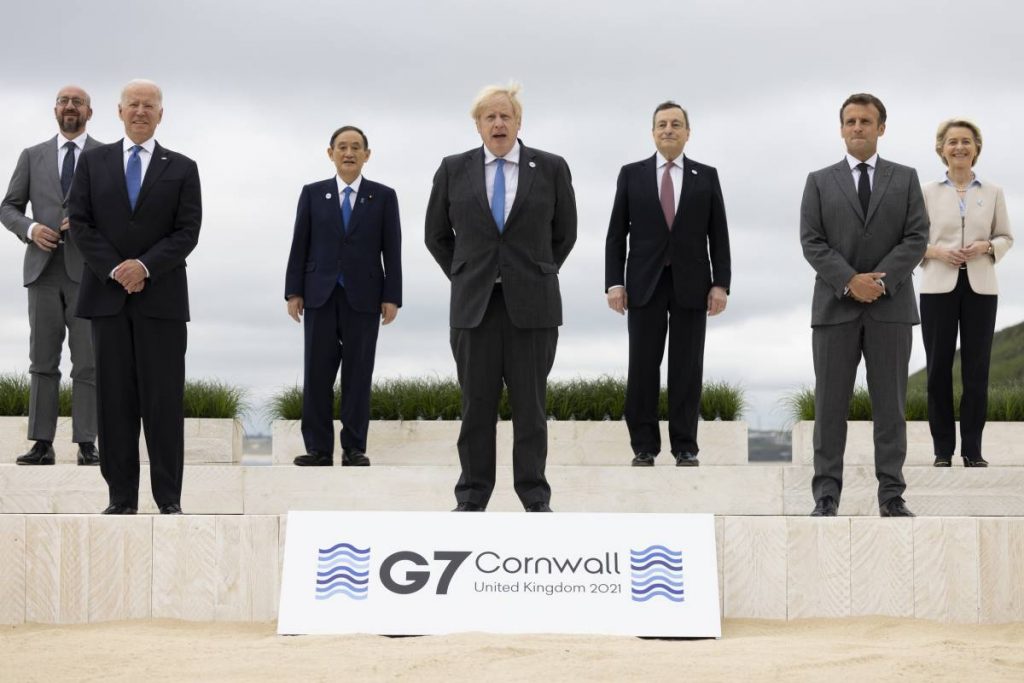
Jennifer Morgan, Executive Director of Greenpeace, said: “Everyone is being hit by Covid-19 and worsening climate impacts, but it is the most vulnerable who are fairing the worst due to G7 leaders sleeping on the job.
“We need authentic leadership and that means treating the pandemic and the climate crisis for what they are: an inter-connected inequality emergency. The G7 have failed to set us up for a successful COP26 as trust is sorely lacking between rich and developing countries.”
ALSO READ: G7 agrees to co-operate on cybercrime cases
Echoing similar sentiments, Rachel Kyte, Dean of Fletcher School at Tufts University, and former UN climate envoy, said: “We need a detailed plan for making the $100 billion a reality by the UN General Assembly. It’s a big year for climate diplomacy and the G7 members will have to hit high notes at the G20 finance meeting in July before arriving in Glasgow in November.”
Ahead of the G7, YouGov polling for climate think tank E3G showed overwhelming public support across Canada, France, Germany, Japan, Italy, the UK and the US for helping poorer countries cut their dependence on fossil fuels.
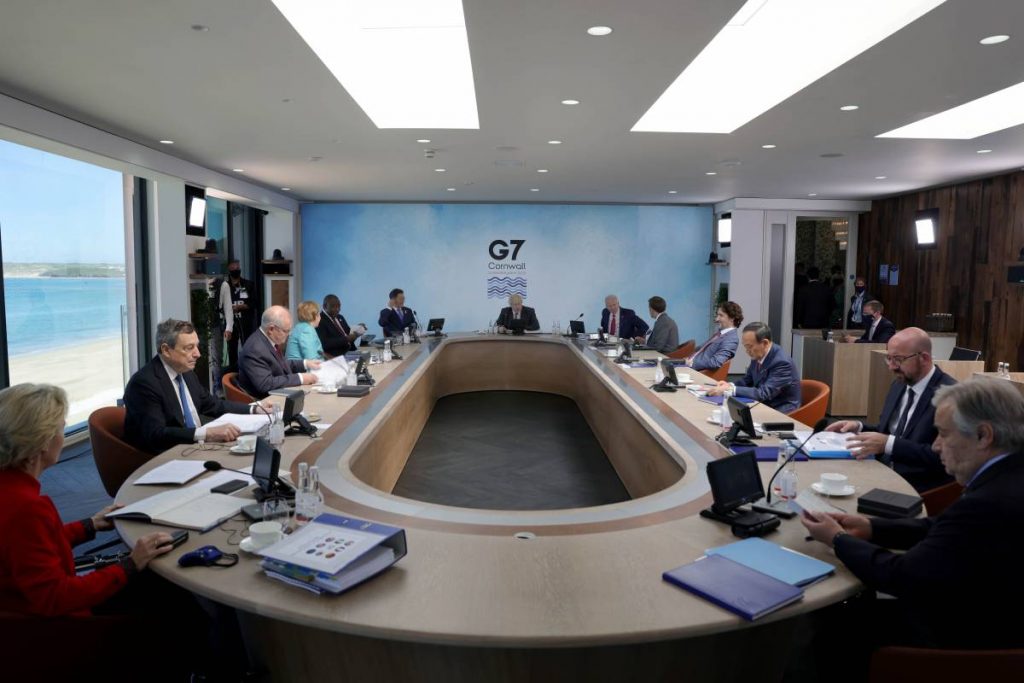
Taken as one, 66 per cent of voters in G7 countries support this, with clear majorities of support in all seven countries.
The public in all seven countries wanted their government to stick to promises made at the UN in 2010 to deliver $100 billion of climate finance a year.
“Fifty per cent of G7 voters want their government to stick to their pledge, while just 29 per cent think circumstances have changed sufficiently that their government should go back on their pledge,” said the poll.
The good news from Cornwall is that tackling climate change was inextricably woven through every agenda item.
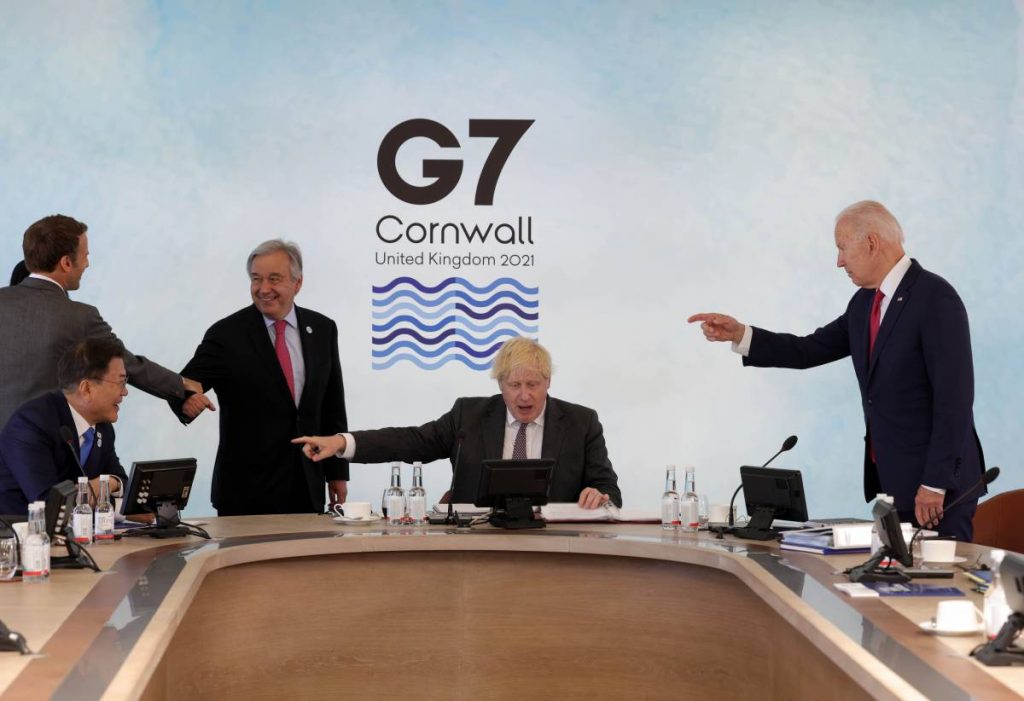
Each G7 country did commit to increase and improve climate finance through to 2025, but only a few offered clear new pledges. Canada was also among those countries to hike climate finance contributions, while others said they will review pledges pre-COP26.
The leaders did agree to end the public financing of coal by 2021, with Canada, Germany, the UK, and the US agreeing to back a $2 billion coal transition fund. The deal leaves China isolated as the world’s biggest public backer of the world’s dirtiest fossil fuel.
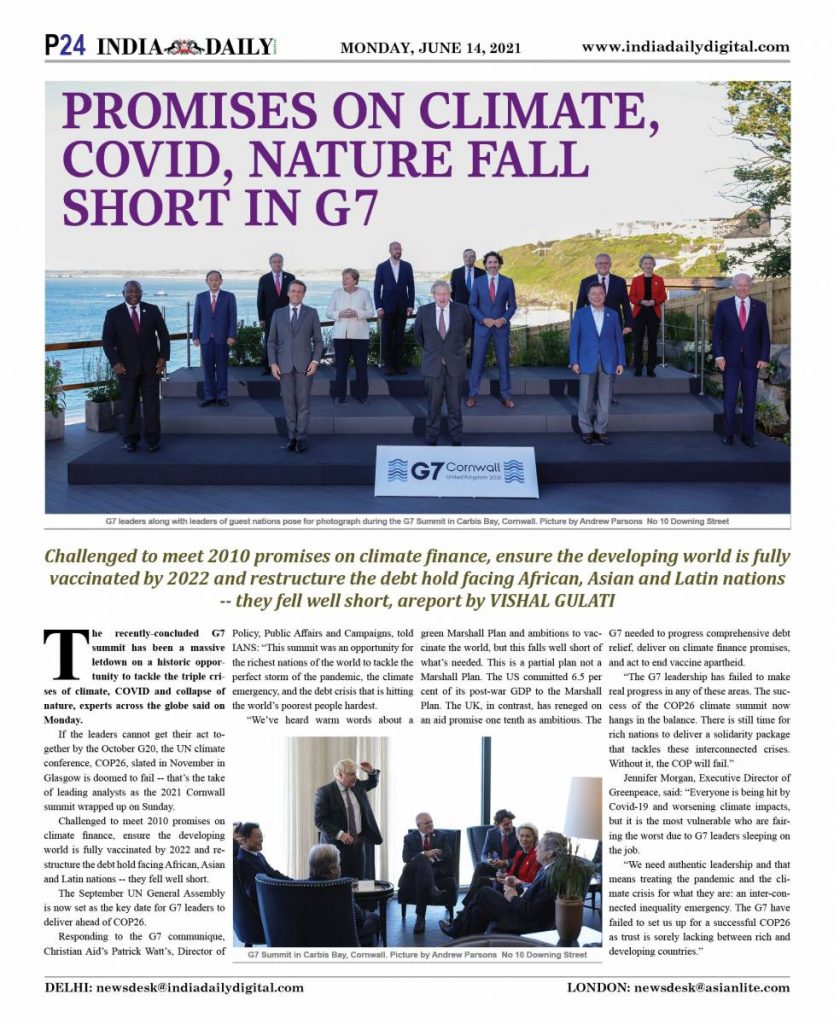
G7 leaders offered a vision of a green alternative to China’s Belt and Road, but the G7 ‘Marshall Plan’ or ‘Build Back Better World’ initiative urgently needs details, which should be delivered by the UN General Assembly.
Bernice Lee, Hoffmann Distinguished Fellow for sustainability and Research Director Futures at Chatham House, said: “It’s good to see G7 turning their back on coal, but words are not enough. They now need to get serious about a global clean partnership that delivers for developing nations.”
The mixed outcome places huge pressure on the shoulders of Italy Prime Minister Mario Draghi, who will steer G20 talks that commence in July, with a finance meeting in Venice now set as a critical moment ahead of COP26.

